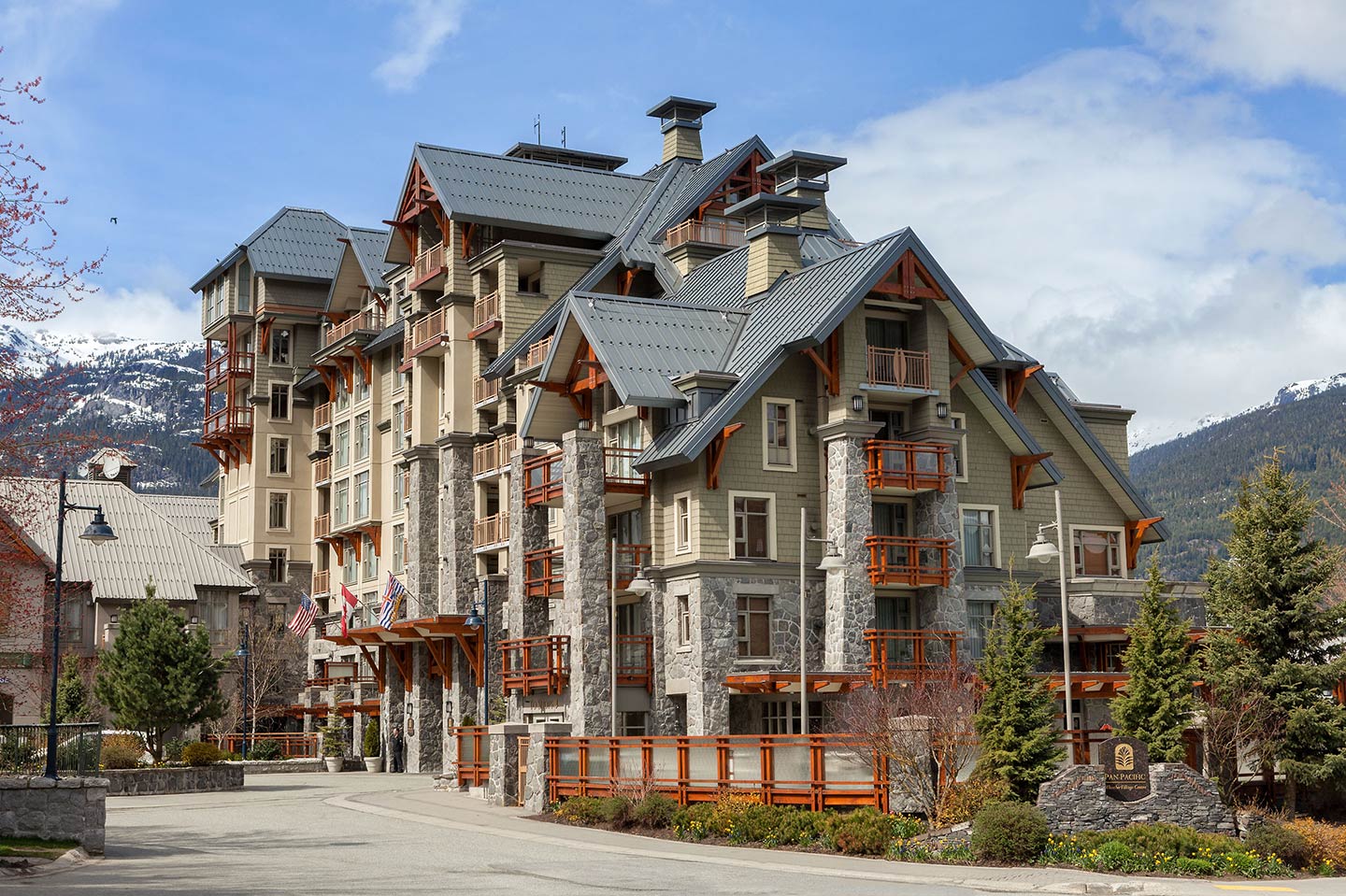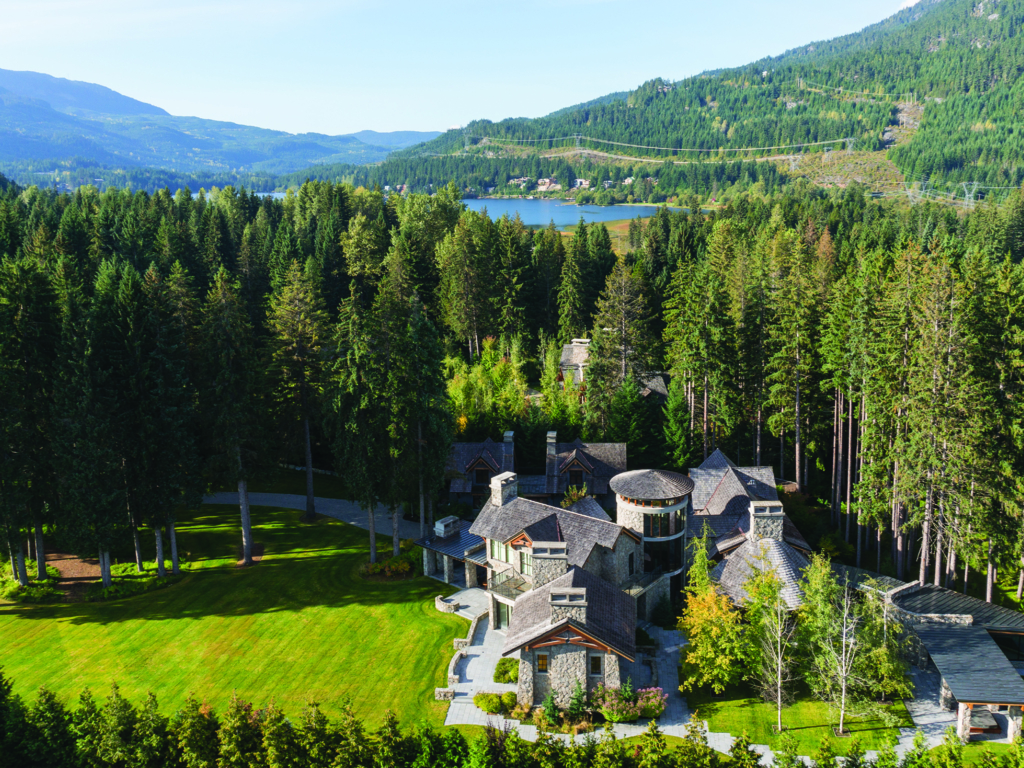Speculation Tax in British Columbia

Recently our provincial government introduced a speculation tax that applies in designated areas of the province and there appears to be some lack of clarity as to which property owners this may apply to.
At this point, B.C. residents may be liable for additional tax, despite the statements of the Minister of Finance. However, another area of confusion is how the policy defines ownership of an asset as “speculative”. For example, it is currently based on the property being undeveloped or being vacant. As such, it has the unintended consequence of applying to BC residents’ vacation homes and that of legitimate investors.
What makes a speculator and an investor?
What is the difference between a real estate “speculator” and a real estate “investor”? Both involve taking a business risk to make a gain. However, in the case of the speculator he is taking a significant financial risk in attempt to profit from short term fluctuations in market value, rather than attempting to profit from the underlying attributes of the property or adding additional value. The focus for the speculator is in the potential for significant price movement in the short term. The success of this approach depends on your ability to time the market.
If enough people try to time the market it can create artificial demand and artificially raise values of the asset. Perhaps another way to look at it is to ask the question when you buy a property you are not living in, do you expect to see profit from selling it at a later date? And if, after paying all costs of the property, it still loses money on an annual basis while you take no positive activity to resolve the negative cash flow, then you are speculating in real estate.
Your desired outcome is a direct function of the market, and you will likely have approximately 24 months where you may be successful. Speculation is a high risk game with any asset and particularly in real estate due to the size of required capital outlay, and the limited liquidity.
What defines the difference between a speculator and an investor is intent and time. A speculator hopes to make a significant gain in value in the short term by hoping for a sudden upward movement in the market. He buys only with the intent to re-sell. An investor increases the values of the asset by leveraging the underlying fundamental features of the property to increase value in the long-term by renting the property out or adding value through development/building. A real estate investor will only sell a good asset if a better alternative is available or he wishes to reallocate his assets.
What can we expect?
Hopefully the changes to the forthcoming legislation will better address the impacts of real estate speculation as compared to those of real estate investment, and will recognize the important role that second homes and long term real estate investment has in areas that depend on tourism.


